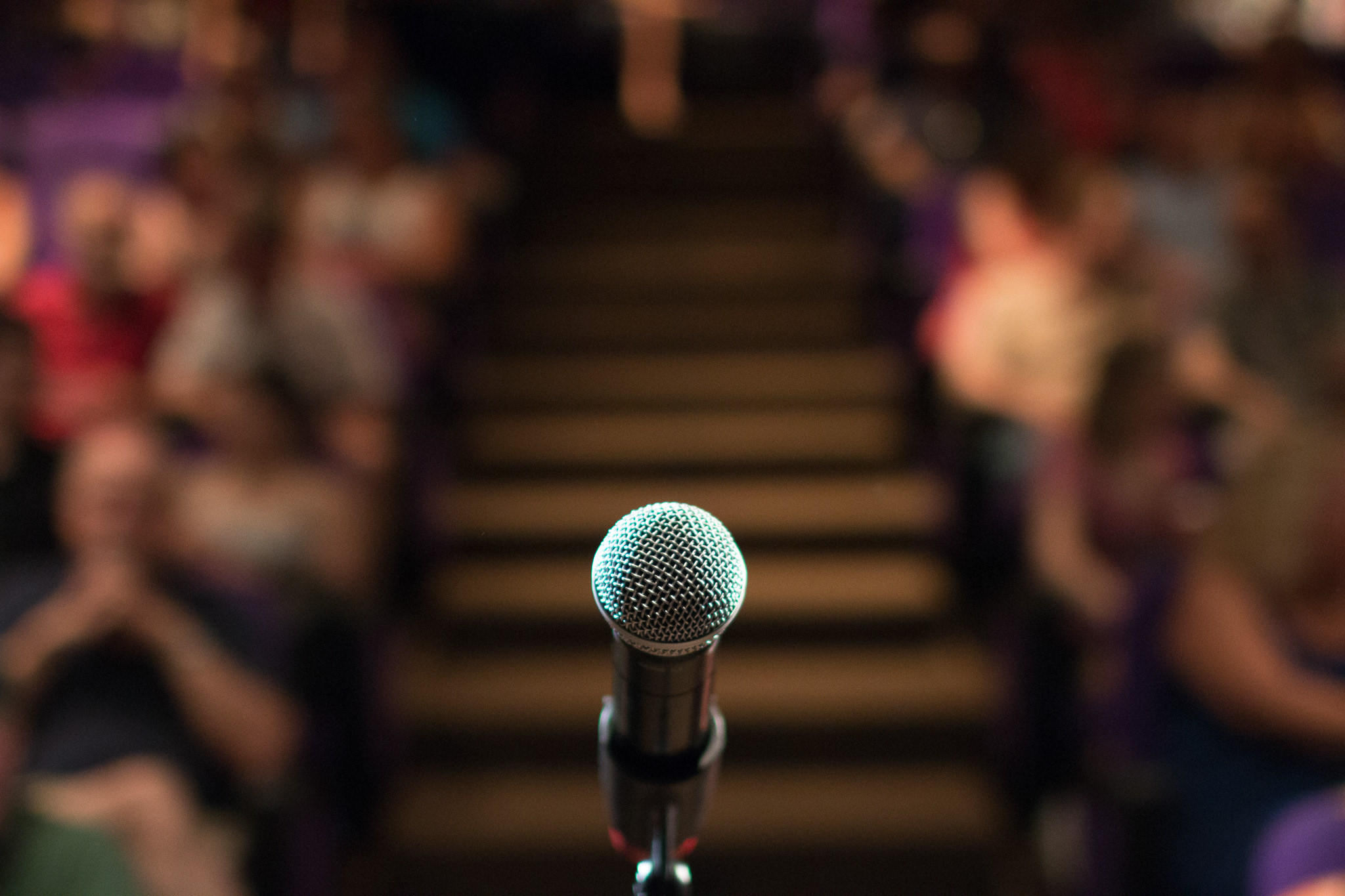You might not consider yourself a perfectionist, but many of us apply unrealistic standards to sleep. We're brought up being asked seemingly innocuous questions such as, Did you sleep well? Are you a good sleeper? Those are yes or no questions, but they set us up to think about sleep in all-or-nothing terms. If sleep isn't good, it's bad. And so bad sleep starts to feel like a failure
We're also told that we need to sleep "well" in order to function. Big day tomorrow? Get some good sleep. If you don't, you certainly won't perform your best. These messages set us up to worry about sleep, making it into something that we have to accomplish in order to succeed at whatever tasks are in store. Suddenly, you have performance anxiety...about sleep. And the more you worry about sleep, the harder it is to relax. And, as we all know, worrying produces a physical stress response that keeps us awake. Here, three sleep myths that are needlessly keeping us up at night.
Myth #1: "I need (X number) hours of sleep."
We are bombarded with information about how much sleep we need. It seems as though new studies emerge daily, telling us that if we don't get a certain amount of sleep, we'll get fat, crash our cars, make cognitive errors, get the flu, develop diabetes…the list goes on.
These are important messages, especially for those who believe that sleep is a waste of time. But standards can backfire for people who hold to them too rigidly. If a study says people should get seven hours of sleep and you need just six-and-a-half, your effort to get that extra half hour can fragment your sleep and make it less restorative. Stressing out about that half hour can cause performance anxiety and insomnia, leading to less sleep instead of more.
If you fall asleep relatively easily, sleep relatively soundly, and feel reasonably rested during the day, you are probably getting enough sleep. Track your sleep for a couple of weeks to see what your true average is.
Myth #2: "I must sleep soundly all night."
Sleep differs from person to person. This is especially apparent when you share a bed with someone. Maybe your partner falls asleep immediately and it takes you 15-20 minutes. That's not wrong—it's just different.
It's also normal to wake up during the night. Most people wake up as they complete a sleep cycle and enter a lighter sleep phase. You might remember waking or you might not. You might go right back to sleep or you might be awake for a period of time. Sleep is not seamless. But we often get frustrated by normal nighttime arousals. And this frustration and anxiety will prolong the awakening and cause bigger sleep issues.
Myth #3: "If I'm tired, I can't function."
No one likes to feel tired, but feeling sluggish—or even exhausted—is not a catastrophe. With so much focus on productivity and performance, we fall into the perfectionist trap of striving to give 110% all of the time. And we know that sleep can improve performance, so we become distressed when it doesn't cooperate. That distress contributes to sleep-killing performance anxiety.
It's true that sleep deprivation will cause performance impairments. But there is a huge difference between occasional sleep loss and the type of chronic sleep deprivation that causes significant impairment. Conflating the two just causes more anxiety and makes temporary sleep problems into something bigger.
When we tell ourselves that we won't be able to make it through the day if we're tired, we are lying to ourselves. We get tired for all sorts of reasons: stress, blood sugar fluctuations, circadian rhythms, mood, even the weather. Sleep contributes to our energy level during the day, but it is not solely responsible for it.
Instead of telling yourself that a rough night is going to mean disaster, remind yourself of all the times you've managed to do just fine on less-than-perfect sleep. Take care of yourself and focus on the tasks of your day. Engaging in activity will improve your energy and mood. You might not feel fantastic, but you will manage.
Source:
http://www.elle.com/beauty/health-fitness/how-to/a29220/sleep-tips-for-bad-sleepers/


